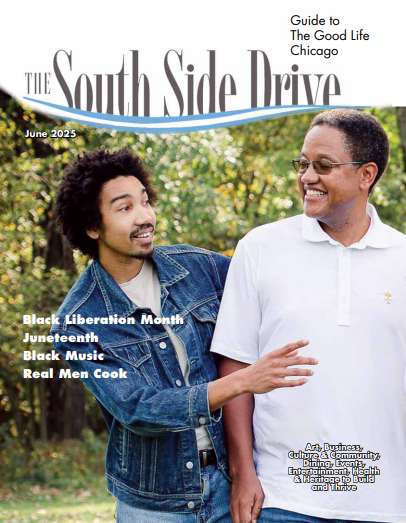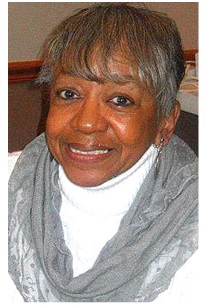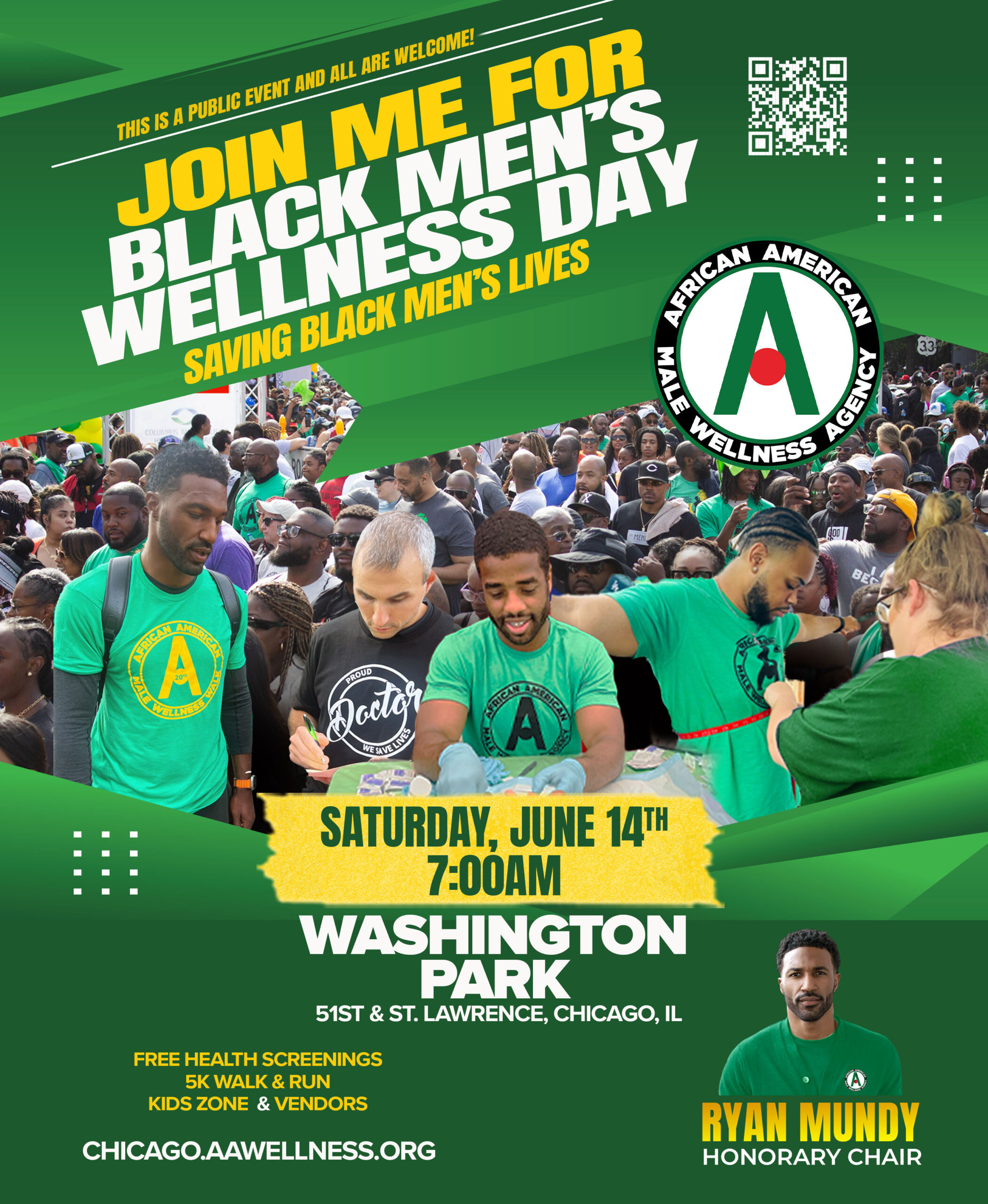As the election nears, one block of voters can be assured of receiving all the information they need in one place: the AARP website. That’s because voters fifty plus represent the majority of voters in every election, and needless to say, this group comprises the AARP membership.
Mary Griffin is a retired teacher. She and her husband are empty nesters. One of the issues that is important to her as she votes is the economy. “Even with my pension and my husband’s Social Security, we still have to keep our eyes on rising costs of living,” she says,
Both the House and the Senate are one or two seats away from being majority Republican or majority Democrat, and Mary realizes that a lot of things that affect seniors will be at stake. “Not only for us, but for my daughter. Will Social Security still be around by the time she reaches 67 or 70 or whatever the eligible age will be by then?” she ponders.
A recent AARP article (“Older Voters will Decide the 2024 Election” published in AARP Newsletter) noted that a June poll by AARP in the forty-four most competitive congressional districts looked at the most important issues for voters fifty years old and older. The article notes that those voters are highly motivated: 84 percent say they plan to vote this year, compared with 74 percent of all likely voters. Economic concerns drive that engagement. The article goes on to say that about 62 percent of voters fifty and older say they are worried about their personal financial situation. When asked about particular issues, eighty percent say Social Security is important or very important, seventy-three percent say that about Medicare and 67 percent say that of helping older people live independently at home. For the cost of prescription drugs, the number is 66 percent.
Those numbers are even higher when it comes to Black voters. African Americans have a higher rate of chronic diseases such as High Blood Pressure, Diabetes, Heart Disease and some cancers, such as Breast Cancer and Prostate Cancer. With affordable health care, many African Americans are able to get tested and diagnosed before the disease has advanced too much.
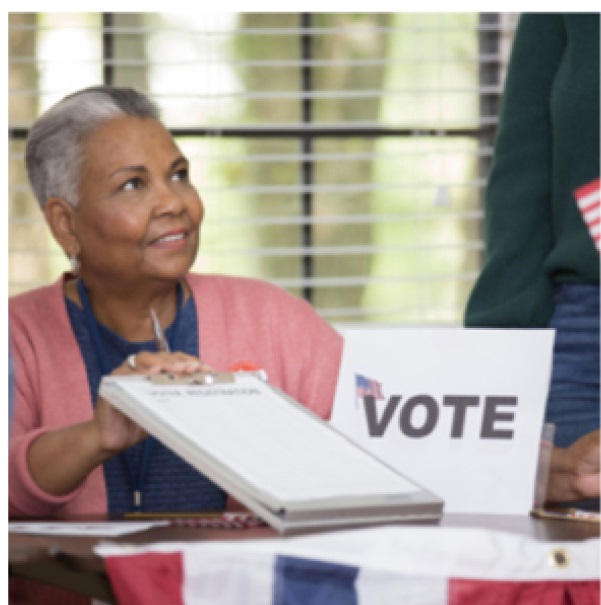
Women’s reproductive rights are also an important issue to Mary. “I remember when I was in high school and that was before Roe V. Wade, and many of my classmates got those ‘back alley’ abortions, and a lot of them ended up dying.” She said. “Criminalizing abortion is not going to stop women from terminating an unwanted pregnancy, especially if it’s for medical reasons, or other reasons such as rape or incest,” she says, “It’ll just keep reputable doctors from performing abortions in safe, sanitary places, for fear of going to prison. So the woman would be left with no other choice than to pay an exorbitant price for an unlicensed practitioner to perform an abortion under the most unsanitary conditions.”
For Mary, just hoping everyone votes in this critical election isn’t enough. “I’ve been working with the League of Women Voters, registering people to vote,” she says. She notes how encouraging it is to see so many new registrants. “I think a lot of people realize how critical this election is to our future,” she says.
Mary says there are a number of other issues of concern to her, but the single most critical issue is preserving our democracy. “None of the issues supersede preserving our democracy,” she says, “We can always deal with issues, but you can’t talk about them if there is no democracy.”
“The Affordable Healthcare Act is on the line in this election,” says Gloria Ellington, a retired business owner . “I am blessed not to have any chronic illnesses,” she says, “But from time to time when something does come up, I can see my healthcare provider and have little things taken care of before they become something big. I don’t know what I’d do without Affordable Health Care at this point in my life.” Is she concerned about losing the Affordable Health Care Act in this election? “Most certainly,” she says. “Four years ago, it was on the table. It was constantly on the table, and I was holding my breath. Thankfully, we didn’t lose it. But this time, those who oppose it could be successful. That’s why every single vote counts.”
“One of the best policies I’ve heard is making in-home health care a part of Medicare,” says Gloria. Years ago, Gloria had to care for her ailing mother at home. “I literally had to quit my job during that period,” she says.
One in five Americans are family caregivers according to Tamara Lytle, author of the article, “Older Voters Will Decide the 2024 Election.”. In terms of the economy, Tracy says she has seen drug prices skyrocket over the last decade. “I can imagine the millions of people who were helped by having the cost of Insulin capped at thirty-five dollars,” she says, They provide the equivalent of about $600 billion a year in labor to help their loved ones, according to AARP estimates. Caregivers pay on average $7,200 out of pocket each year and a recent bill, the Credit for Caring Act, if passed will create policy on tax credits for family caregivers to offset their expenses – such as installing wheelchair ramps and ferrying loved ones to doctor appointments.
Gloria agrees that preserving our democracy is the most important issue of all. “People need to listen carefully to the candidates and see what their policies are and then vote in their best interests and the best interests of their communities.”
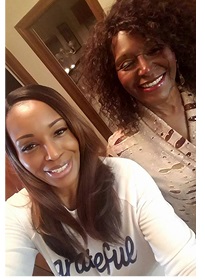
Tracy Reed, Gloria’s niece, echoes her concerns. “As a breast cancer survivor, I know how important it is to have access to good medical care.”
In terms of the economy, Tracy says she has seen drug prices skyrocket over the last decade. “I can imagine the millions of people who were helped by having the cost of Insulin capped at thirty-five dollars,” she says, “before that people suffering from Diabetes couldn’t afford their medication, or they had to choose between paying the bill, or buying food and purchasing their Insulin. I wonder how many people went without eating.”
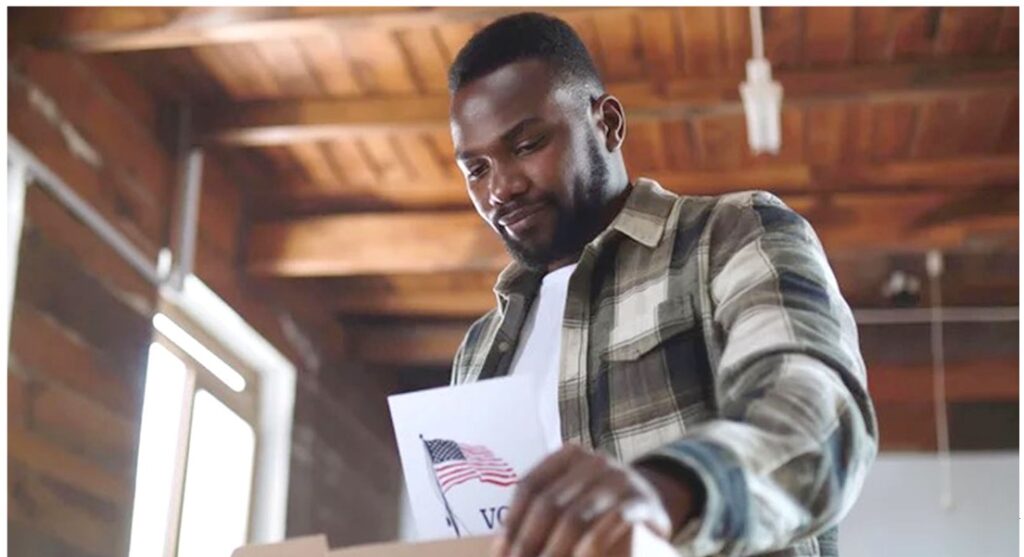
Tracy says she has seen people walk out of pharmacies without their medication because it was too expensive. “It should never be too expensive to have access to something that keeps you alive and healthy,” she says.
Recent legislation allows Medicare to use its massive buying power to negotiate with drug companies for lower prices. That means both the consumer and the government would pay lower prices for drugs. “Our vote could determine whether we continue to have affordable drug prices,” says Tracy.
Maxine Washington is a retired Lutheran pastor. To her, this is the most important election this country has ever seen. “So much is on the line,” she says, “Social Security is on the line, women’s reproductive rights are on the line, climate control is on the line, democracy is on the line.”
Maxine has never missed voting in an election since she reached voting age. “But this is the most important election of my lifetime,” she says, “Everybody should be doing something to make sure we don’t lose our benefits and most importantly to make sure we don’t lose our democracy.
Maxine reflects on recent weather, “We thought last year was the hottest summer ever, but this summer was even hotter, and Florida and North Carolina just experienced the worst hurricanes imaginable. Every year the wildfires get worse. Yet, this election will determine whether we keep global warming from destroying us, or whether we close down all global warming initiatives, including EPA and the National Oceanic and Atmospheric Administration (NOAA) that is responsible for predicting the weather and alerting us about storms.
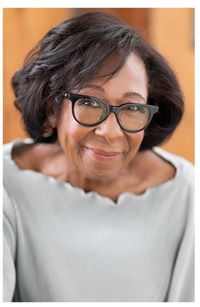
What if people in Florida and North Carolina had not been warned so they could evacuate in time?”
“Our rights as citizens are on the line,” she says. “This vote could determine whether law enforcement officers receive total immunity. So all of our marches, our protests would have been in vain, and we would go back to square one. Police would have carte blanche to shoot and kill any unarmed citizen without fear of any type of retribution. Now that police are actually being held accountable for their crimes and actually face long prison terms for shooting and killing an unarmed person, they are not so quick to pull the trigger. All that could change after the next election.”
Lytle notes that “for many older voters, an ever-growing divide between political parties with increasingly divisive rhetoric is a concern.
“Facebook used to be a place where we could hook up with new and old friends and discuss ideas, “says Mary, “I hope this election will bring in new politicians who are willing to work across the aisle to find solutions to problems facing America as opposed to people who just engage in hating the other party and other supporters.”

